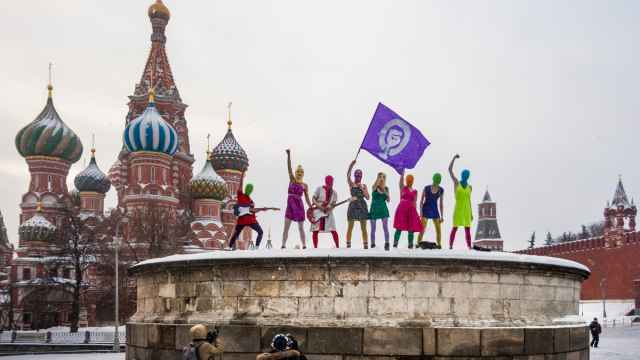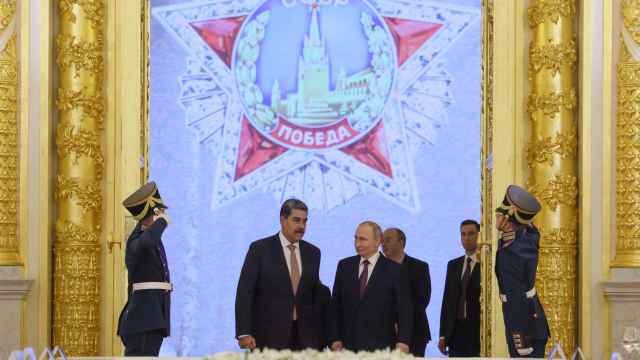In an 11th-hour deal, Russia seems to have found a way to save the regime of Syrian President Bashar Assad. Moscow's initiative to place all of Syria's chemical weapons under international control with Damascus' hasty consent sounds like a realistic resolution to the crisis. After all, if the main reason for U.S. military intervention had been to punish Assad for using chemical weapons against rebels and civilians in the Syrian capital, this step would guarantee that it won't happen again.
Of course, it goes without saying that Assad's agreement indirectly confirms that it was his regime that used the chemical weapons and not the rebels as he and Moscow have claimed. This will be the price Assad pays for his crimes against humanity. And with the U.S. Congress in no hurry to support a military strike, it is clear that U.S. President Barack Obama has little choice but to consider the offer seriously. In any case, the initiative will undoubtedly strengthen the "peace camp" in both the U.S. and Europe and weaken international support for Washington's plan for military intervention.
But it might be too early to celebrate just yet. Recall that after Iraqi leader Saddam Hussein's military forces were defeated in the war of 1991, the United Nations spent 12 years passing resolutions demanding that he fulfill his obligations to liquidate all weapons of mass destruction and cease development of new weapons systems, including nuclear. But Hussein constantly violated those resolutions, relying on the tacit support from Russia, France and China. He even evicted International Atomic Energy Agency inspectors several times from Iraq.
That situation dragged on until former U.S. President George W. Bush, stung by the terrorist act on Sept. 11, 2001, secured the consent from Congress to punish Hussein's regime. However, U.S. military intervention was approved not because Hussein held chemical weapons after 1991 — that had never been possible to verify — but because he had repeatedly violated all the UN resolutions and had been playing games with international inspectors by permitting them into some sites but not others.
Does that story sound familiar? Assad has been telling inspectors, "This area is off limits, but you're free to go over there," or "You are welcome to inspect that site, but only next Monday after we've done a little housecleaning in the area." What's more, with a civil war raging, Assad can blame the rebels for the inspectors' lack of access to this or that location. Today the main task is to prevent a U.S. Attack. For now, Assad can sleep easy knowing that he won't be killed by a cloud of chemicals like the civilians in the Guta district near Damascus.
Washington officials have talked about the need for a solution within one week. Let them talk. Assad only benefits from this. Crowds of "peace-loving" people will take to the streets in cities across the U.S. and Europe and states that claim to be "working for world peace" will prevail over Obama and his threat of military intervention. The only problem is that their desire for peace and aversion to conflict has long given carte blanche to dictators who kill their own people.
The only realistic solution is if Russia, and not Assad, takes responsibility for the destruction of Syria's chemical weapons. But how realistic is that?
Alexander Shumilin is the director of the Center for the Analysis of Middle East Conflicts with the Institute for U.S. and Canadian Studies at the Russian Academy of Sciences.
A Message from The Moscow Times:
Dear readers,
We are facing unprecedented challenges. Russia's Prosecutor General's Office has designated The Moscow Times as an "undesirable" organization, criminalizing our work and putting our staff at risk of prosecution. This follows our earlier unjust labeling as a "foreign agent."
These actions are direct attempts to silence independent journalism in Russia. The authorities claim our work "discredits the decisions of the Russian leadership." We see things differently: we strive to provide accurate, unbiased reporting on Russia.
We, the journalists of The Moscow Times, refuse to be silenced. But to continue our work, we need your help.
Your support, no matter how small, makes a world of difference. If you can, please support us monthly starting from just $2. It's quick to set up, and every contribution makes a significant impact.
By supporting The Moscow Times, you're defending open, independent journalism in the face of repression. Thank you for standing with us.
Remind me later.





